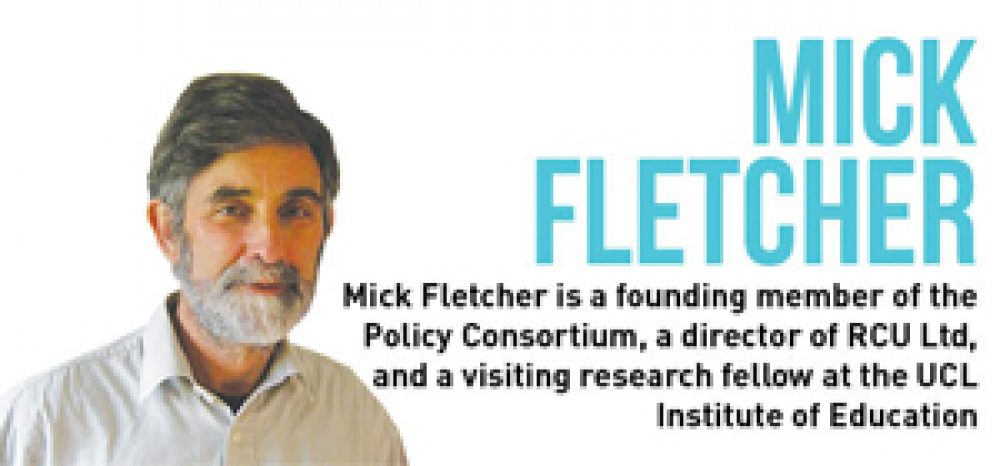The announcement of the retirement of the head of the Skills Funding Agency (SFA) and the head of the National Apprenticeship Service (NAS) on the same day is a remarkable co-incidence.
Those inclined towards conspiracy theories may read more into it and see it as a clear sign of impending reorganisation; a merger of the two bodies perhaps or some significant transfer of functions.
Even if it is just a coincidence, however, it is still a useful one since it gives an opportunity to think about reconfiguring as well as reappointing.
There are several reasons why some reconfiguration might be on the agenda. Firstly, the apprenticeship programme exists in a pretty cluttered landscape. The basic programme involves two departments of state and two overlapping quangos in the SFA and NAS: consideration of pre-apprenticeship programmes must involve a third quango – the YPLA.
Higher apprenticeships bring in HEFCE and will on current policy involve the student loan company as well. As the 157 Group has pointed out, a young person could work with the same college and same employer from pre-apprenticeship to a higher apprenticeship programme, but their progression would involve seven different funding agencies – the two departments and their five non-departmental bodies.
Reorganisation might also be driven by valid grounds for concern about the current delivery of the apprenticeship programme. An enthusiasm to meet targets has clearly overridden a concern to focus apprenticeship funding where it matters. It must be wrong that a majority of apprenticeships for young people last for less than 12 months; the rapid expansion of short programmes for existing adult employees in areas such as retail and customer care risks doing serious damage to the apprenticeship brand. Those responsible have been slow to pick up and challenge so-called apprenticeships that do not involve real employment. Yet the tangled landscape of public bodies means that between the minister, his department, the SFA and the NAS it is difficult to determine exactly who is responsible for these shortcomings. We can anticipate the forthcoming select committee enquiry will struggle to do so.
A merger of the SFA and NAS would be one step towards simplifying the system but it is not ideal. There is a strong argument that current difficulties derive in part from putting a programme that should be about progressing young people into skilled employment into a quango focussed on adult skills. The problems with adult apprenticeships closely resemble those of the Train to Gain programme or the Employer Training Pilots or indeed the earlier experiment with Learning Accounts – too great a concern to achieve rapid growth in numbers with too little concern over the value of what was offered to the trainees and too little concern with value for money for the taxpayer. The SFA and its predecessor bodies ‘have form’ on this issue as they say.
Perhaps the answer therefore would be to be more ambitious and combine both SFA and NAS with HEFCE. As well as potentially making it easier to develop higher apprenticeships, combining all three BIS agencies in this way gives scope for some internal realignment distinguishing initial education and training from continuing education for adults. On the one side there could be full time higher education, full time FE and apprenticeships, reflecting Alison Wolf’s view that apprentices are essentially students in a work based setting. On the other there would be upskilling or re-skilling for adult employees, whether delivered through FE colleges, higher education institutions, or, as is currently fashionable, through employers.
Initial education and training would focus on giving young people a broad base of skills and knowledge to equip them for a lifetime of work; continuing education would focus on skill shortages and employers’ more immediate concerns. Initial education would be funded by a mixture of grants and loans applied on a consistent basis across all levels; and continuing education would be largely co-funded and increasingly owned and funded by employers themselves.
Conspiracy theorists should keep a close eye on HEFCE.
Mick Fletcher is a Consultant on Further Education









Your thoughts